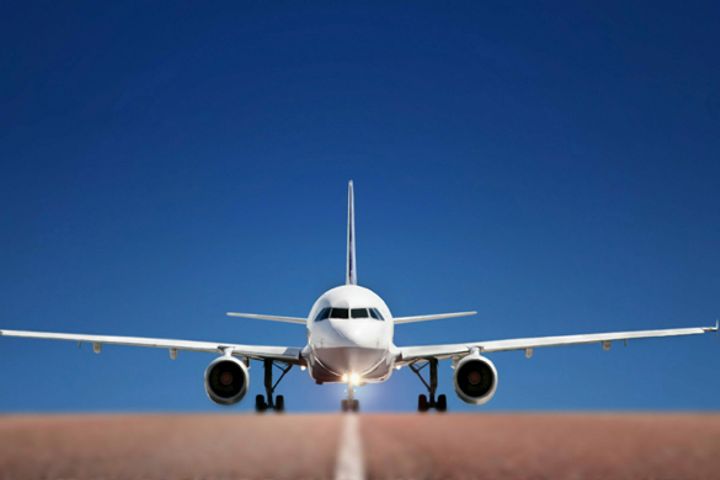 CAAC's New Measures to Manage Flight Slots Dole Them Out More Fairly
CAAC's New Measures to Manage Flight Slots Dole Them Out More Fairly(Yicai Global) Feb. 27 -- China's civil aviation administration has introduced new measures to administer civil aviation flight slots and more fairly apportion these scarce resources that implicate the actual interests of many airlines.
The Measures for the Administration of Civil Aviation Flight Slots (Measures) the agency recently issued will take effect on April 1, Yicai Global has learned.
Flight schedules comprise the core element of the day-to-day operations of air carriers, airports and traffic control. Air routes are scarce and directly determine an airline's performance and competitive environment.
The Measures clearly set forth major reforms such as the management of flight schedule classifications, qualifications for historical priority of flight schedules, quantitative rules for priority allocation of flight schedules and clarifications as to how to allocate flight schedules in China in future.
Consisting of 59 articles (23 pages), the Measures prescribe detailed methods for concrete time allocation, which not only determine their classified management, allocation priority and allocation rules for slots, but also devise quantitative measures for priority allocation of flight schedules.
The Measures provide that historic flight slots have first priority, which means that a slot may be retained in the absence of legal infractions. Historic flight slot adjustments will enjoy second priority and new airlines third priority.
"An airline's priority in a slot can be calculated if we have these data, that is, the Measures have changed the original 'subjective choice question' into an 'objective arithmetic problem,'" said Lin Zhijie, an insider from the civil aviation field, adding that this is the Measures' biggest highlight.
Per the time priority scoring formula the Methods fix, airlines with high time implementation use rates, high operating efficiency and good safety and regulatory compliance will win high scores.
The international time allocation method encourages airlines to improve their air route networks by introducing more new routes to reduce the disturbance to existing ones and favor large-aircraft long-distance routes. The domestic time allocation method encourages airlines to ply more routes to old revolutionary base, ethnic minority, border and impoverished areas, and to reduce excessive competition.
"This means that for airlines to apply for more and better flight schedules, the normal rate and implementation rate will be the key metrics," Lin said. If small and medium and private airlines can perform well with these data metrics, they will have the chance to gain substantial benefits.
The new Methods also clarify time categorization management, requiring that domestic flight schedules be reserved for domestic flights, and international ones for flights abroad. This is a clear departure from the current situation where airlines themselves decide whether to designate a domestic or international flight for the schedule they obtain.
After the implementation of time categorization, the number of allotted international flight schedules will rise for hubs such as Beijing, Shanghai, and Guangzhou, while those for domestic flights will drop. This measure seeks to encourage airlines to introduce more international air routes and promote construction of international airline hubs.